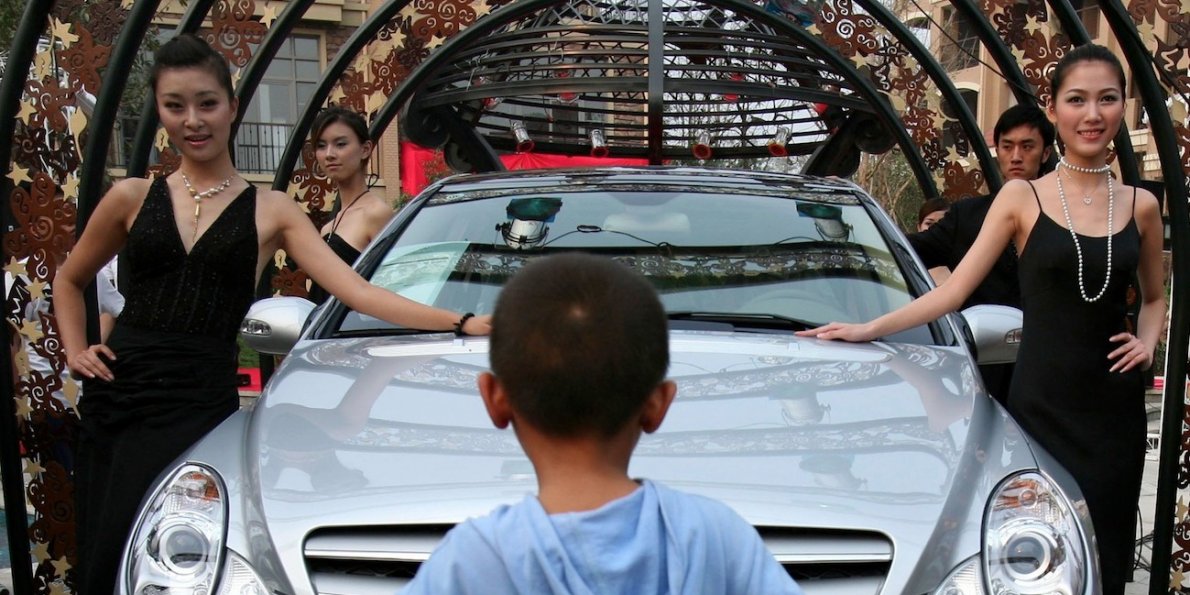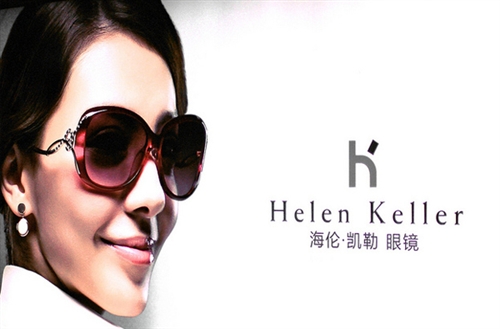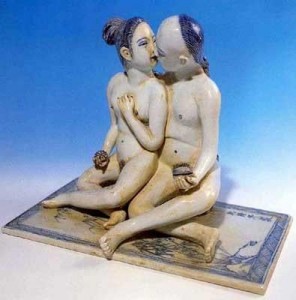America is no doubt plagued by ridiculous wealth inequality, but China, an authoritarian capitalist state, is no slouch in this area. There are copious reason for multimillionaires and billionaires minted in that nation to want to move their loved ones abroad, and one is that many of the industries that have enabled their filthy lucre have also blighted their homeland. These captains of industry have used their windfalls to disappear their children from the world’s highest cancer rates and unbreathable air, stashing them in America or Canada, where their conspicuous spending has heretofore received fewer sideways glances than it would have in the motherland.
The Chinese elite and their super-rich kids (the “Golden Generation“) have left a mark on the cost of living in Vancouver in much the same way that money from abroad has made New York City all but unlivable for much of the 99%. Dan Levin of the NYT has a smart article about the lush life of “fuerdai” inside British Columbia’s largest city. An excerpt:
Many of Vancouver’s young supercar owners are known as fuerdai, a Mandarin expression, akin to trust-fund kids, that means “rich second generation.” In China, where the superrich are widely criticized as being corrupt and materialistic, the term provokes a mix of scorn and envy.
The fuerdai have brought their passion for extravagance to Vancouver. White Lamborghinis are popular among young Chinese women; the men often turn in their leased supercars after a few months for a newer, cooler status symbol.
Hundreds of young Chinese immigrants, along with a handful of Canadian-born Chinese, have started supercar clubs whose members come together to drive, modify and photograph their flashy vehicles, providing alluring eye candy for their followers on social media.
The Vancouver Dynamic Auto Club has 440 members, 90 percent of whom are from China, said the group’s 27-year-old founder, David Dai. To join, a member must have a car that costs over 100,000 Canadian dollars, or about $77,000. “They don’t work,” Mr. Dai said of Vancouver’s fuerdai. “They just spend their parents’ money.”
Occasionally, the need for speed hits a roadblock. In 2011, the police impounded a squadron of 13 Lamborghinis, Maseratis and other luxury cars, worth $2 million, for racing on a metropolitan Vancouver highway at 125 miles per hour. The drivers were members of a Chinese supercar club, and none were older than 21, according to news reports at the time.
On a recent evening, an overwhelmingly Chinese crowd of young adults had gathered at an invitation-only Rolls-Royce event to see a new black-and-red Dawn convertible, base price $402,000. It is the only such car in North America.
Among the curious was Jin Qiao, 20, a baby-faced art student who moved to Vancouver from Beijing six years ago with his mother. During the week, Mr. Jin drives one of two Mercedes-Benz S.U.V.s, which he said were better suited for the rigors of daily life.
But his most prized possession is a $600,000 Lamborghini Aventador Roadster Galaxy, its exterior custom wrapped to resemble outer space.•



